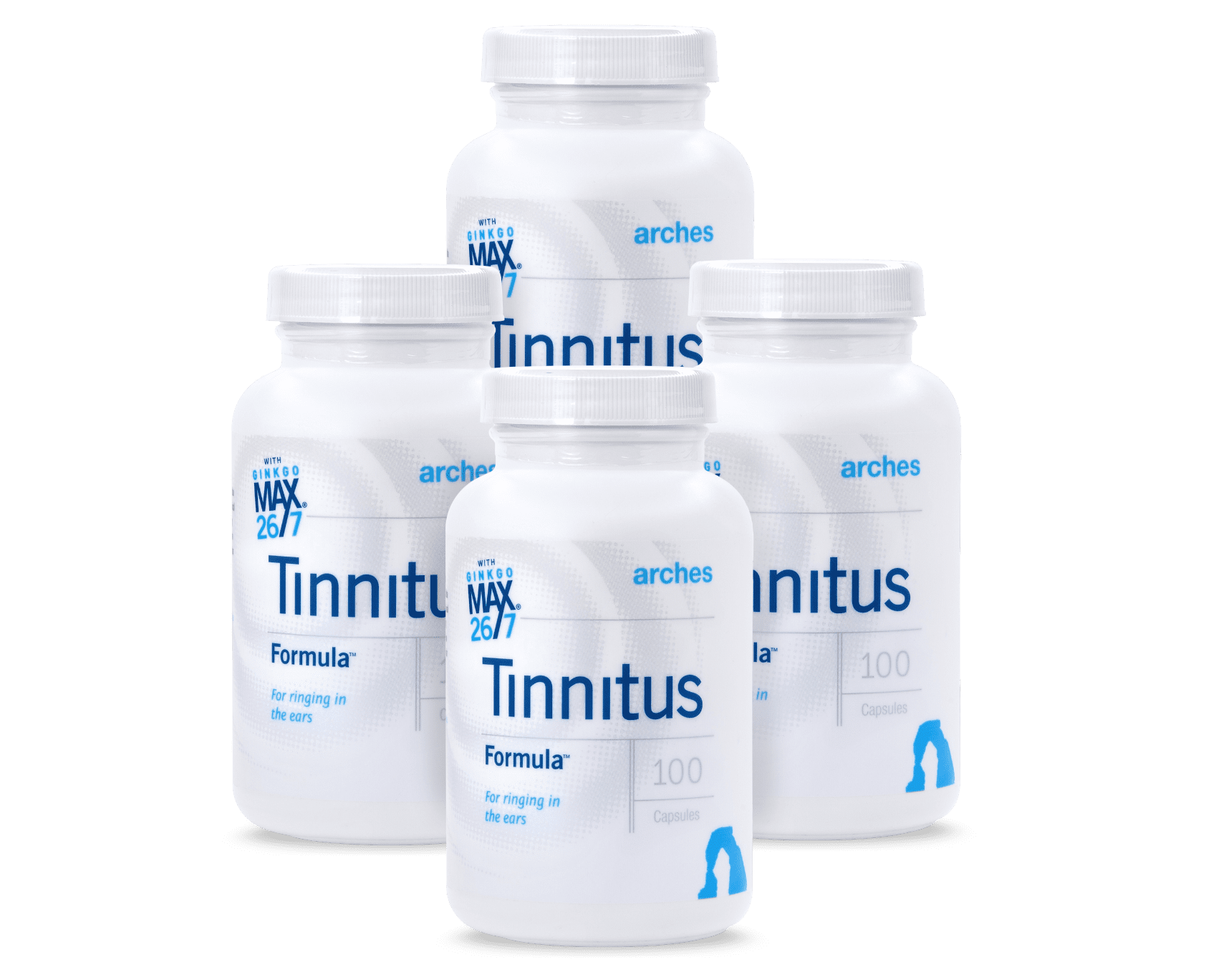The Role of Zinc in the Treatment of Tinnitus
– A Review –
By Barry Keate
Barry Keate, has lived with tinnitus over 40 years and has published 150+ research articles on numerous aspects of tinnitus. He is an expert on the condition and a well-known advocate for those with tinnitus.
A very positive and exciting new study was recently published on the role of zinc in the treatment of tinnitus. Published in the journal Otology and Neurotology in January of 2003, the study conducted a randomized, placebo-controlled clinical trial at the Department of Ear, Nose and Throat, Head and Neck Surgery at Ankara Hospital in Ankara, Turkey.
 The complete transcript of the zinc study can be viewed in our Tinnitus Library. The researchers tested 41 tinnitus patients between April 2000 and May 2001. The patients ranged in age from 21 to 74 years old. They all underwent an otologic and audiologic examination to determine that they had no pathological conditions that may have been responsible for their tinnitus.
The complete transcript of the zinc study can be viewed in our Tinnitus Library. The researchers tested 41 tinnitus patients between April 2000 and May 2001. The patients ranged in age from 21 to 74 years old. They all underwent an otologic and audiologic examination to determine that they had no pathological conditions that may have been responsible for their tinnitus.
The Method
Tinnitus match tests were performed and loudness was determined both before and after treatment. The patients were also asked to determine subjective tinnitus loudness before and after treatment by answering a series of 7 questions with a total possible score of 0 (least intense) to 7 (most intense). It was determined beforehand that a decrease in tinnitus loudness of 10 dB would be considered as clinically favorable progress and a decrease of more than 1 point in subjective tinnitus scoring would be accepted as valid.
The patients were then divided into two groups, one to be treated with 50 mg zinc per day for 2 months and the other with placebo. There were 28 patients in the zinc group and 13 patients in the placebo group. Blood zinc levels were measured in all patients.
Findings
Blood zinc levels increased by an average of 20% in the zinc group with some patients having as much as a 38% increase. The placebo group had no increase in zinc levels.
In the zinc group, a decrease of 10 dB was considered clinical improvement. In 13 patients (46.4%) loudness decreased by more than this amount so the patients were considered clinically improved. No one in the placebo group improved.
Exciting Results
Much more significant improvement was seen in subjective symptoms. Of 28 patients given zinc, 23 of them (82%) noted improvement in symptoms. Of 13 patients given placebo, only 4 (22%) reported improvement. The average tinnitus intensity of the zinc group decreased from 5.25 (on a scale of 0 to 7) to 2.82. This represents an average reduction of 46% in subjective tinnitus intensity.
In the zinc group, 10 patients out of 28 had low blood zinc levels. Of these, the average tinnitus intensity decreased from 5.3 to 2.4, which represents a 55% reduction in symptoms. However, it is important to note that tinnitus symptoms significantly decreased even in those patients who did not have low zinc levels.
Conclusions
The authors conclude that regardless of blood zinc level being normal or low, the administration of zinc improved not only blood zinc level but also clinical disease. They think that improvement of tinnitus and even of hearing may increase significantly if zinc is given for 6 months or more.
The authors believe the mechanism for this was the reduction of what they term Reactive Oxygen Species (ROS). Most of us are more familiar with the term free radical. In other words, zinc acts as a powerful antioxidant in the inner ear. They say that further study is needed to determine the exact mechanism by which zinc accomplishes this function.
This study furthers our belief that zinc is a very necessary component of hearing health. We wrote an article last year on “Zinc, Tinnitus and Immune System Health”, which can be viewed at Tinnitus Library – Zinc.
Getting More Zinc in Your Diet (and less tinnitus in your head)
 Arches Tinnitus Relief Formula® gives you 20 mg of amino-acid chelated zinc on a daily basis. We believe adding an additional 30 mg of zinc to your daily diet may help to further enhance the reduction of tinnitus symptoms. Many people already get between 5 to 20 mg from a daily multivitamin. Check the label to be certain that it is chelated zinc. Avoid zinc oxide which is very difficult to absorb.
Arches Tinnitus Relief Formula® gives you 20 mg of amino-acid chelated zinc on a daily basis. We believe adding an additional 30 mg of zinc to your daily diet may help to further enhance the reduction of tinnitus symptoms. Many people already get between 5 to 20 mg from a daily multivitamin. Check the label to be certain that it is chelated zinc. Avoid zinc oxide which is very difficult to absorb.
Zinc is also found in many foods, especially in meats, cheese and oysters. It is also in beans, peanuts, broccoli and other green vegetables. Keep your total zinc supplementation at/or below 50 mg. If you plan on taking a higher dosage you should be sure to add a few milligrams of extra copper and manganese as well.
Get Free Shipping!
Order now and get free shipping on either the Tinnitus Starter Kit or Combo Pack. Try the doctor recommended products with clinically proven ingredients for tinnitus. No coupon code required.

